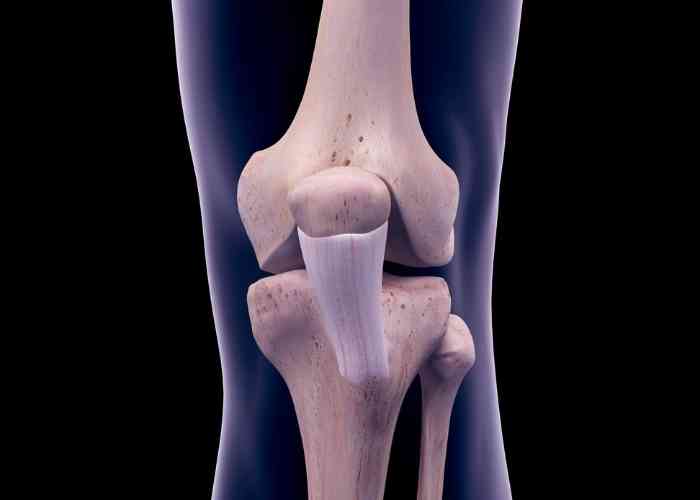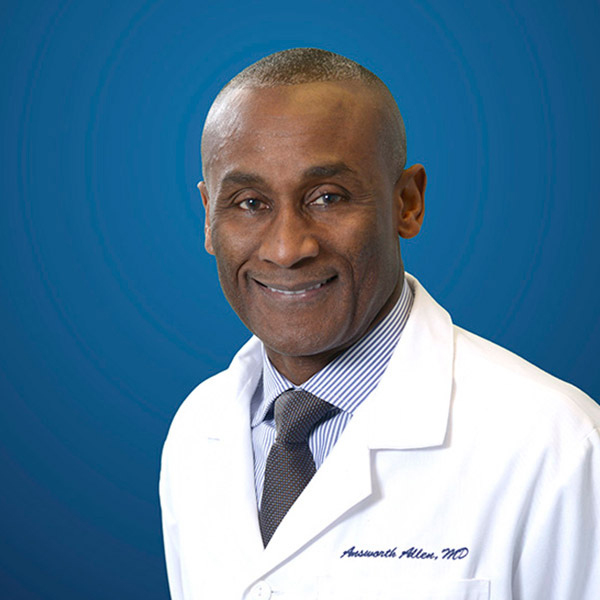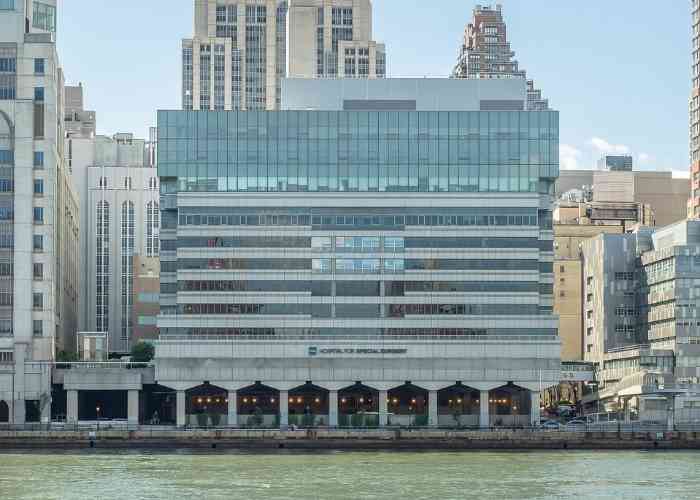What is a medial patellofemoral ligament (MPFL) injury?
The medial patellofemoral ligament (MPFL) is an elastic-like band that travels from the end of the femur (thigh bone) to the center of the patella (kneecap). The only responsibility of the MPFL is to hold the patella in place on top of the femur. The MPFL acts similarly to a strong rubber band by stabilizing the patella with knee movement and prevents the patella from moving or dislocating to the outside of the knee. An injury to the MPFL occurs with patellar dislocation resulting in a tear to the MPFL, often from a sports-related incident that involves pivoting. Individuals with an underlying knee abnormality or weak leg muscles can also experience a patellar dislocation.

What is the treatment for an MPFL injury?
The majority of medial patellofemoral ligament injuries, especially if there was minimal patellar dislocation, can be treated with conservative therapies alone. However, for patients with a history of recurrent patellar dislocations, or the MPFL was severely or completely detached, surgical reconstruction may be necessary to restabilize the patella and knee joint overall. MPFL reconstruction surgery reconstructs the torn ligament by implementing a tissue graft, either from the patient (autograft) or donor (allograft). Dr. Answorth A. Allen, an orthopedic knee surgeon, treats patients in Manhattan, New York City, Westchester, Long Island and surrounding areas who have experienced a medial patellofemoral injury and are in need of an MPFL reconstruction.
How is MPFL reconstruction performed?
MPFL reconstruction is typically performed arthroscopically using a small camera (arthroscope) and surgical instruments. This minimally invasive procedure is performed as an outpatient surgery, so patients will be allowed to go home the same day as the surgery. Prior to starting, patients are given a regional anesthetic block to numb the leg. The necessary tissue graft is harvested from the patient or the donor tissue (allograft) is thawed. Dr. Allen favors autografts for reconstruction procedures as they provide more favorable repair and recovery outcomes. Once the tissue graft has been harvested or thawed, Dr. Allen makes small incisions over the patella. A small camera is introduced through a portal to visualize the soft tissue structures of the patellofemoral joint and the images are transmitted to a screen for ligament damage assessment. A tunnel is then drilled through the femur and two small surgical anchors are secured to the patella. The tissue graft is attached to the surgical anchors on the patella and passed through the tunnel in the femur where it is fastened with surgical interference screws. The new ligament is assessed for stability and tension prior to completing the procedure
How long is the recovery after MPFL reconstruction?
The recovery period following an MPFL reconstruction will be dictated by the type of tissue graft used by Dr. Allen. Most patients can expect a full recovery with a return to normal daily activities in approximately 4-5 months. In general, patients in New York can expect the following:
- The knee to be immobilized by a brace or other device immediately following surgery for approximately 6 weeks.
- For approximately 6 weeks after surgery, weight-bearing as tolerated with the assistance of crutches.
- A combination of elevation and application of ice packs is important during the first 48 hours after surgery. Most patients continue this with non-steroidal anti-inflammatory medications for pain management. Dr. Allen will prescribe stronger pain medication to be taken as directed.
- Post-op evaluation by Dr. Allen in 2 weeks after surgery. Proper healing of the MPFL will be assessed and a physical rehabilitation program may begin at this time.
MPFL Tear Surgeon

Have you experienced a recent patellar dislocation? If so, you may have sustained an injury to the MPFL. This is a ligament which connects the femur to the patella. Typically, a MPFL tear can be treated conservatively. Patients who experience frequent dislocations, however, may benefit from surgical repair. Complex knee surgeon Doctor Answorth Allen provides diagnosis and treatment for patients in Manhattan, New York City, Westchester, Long Island and surrounding areas. Contact Dr Allen’s team today!






